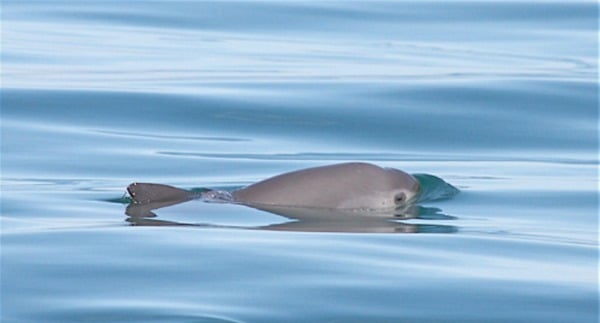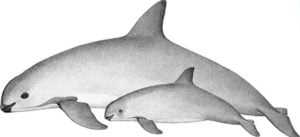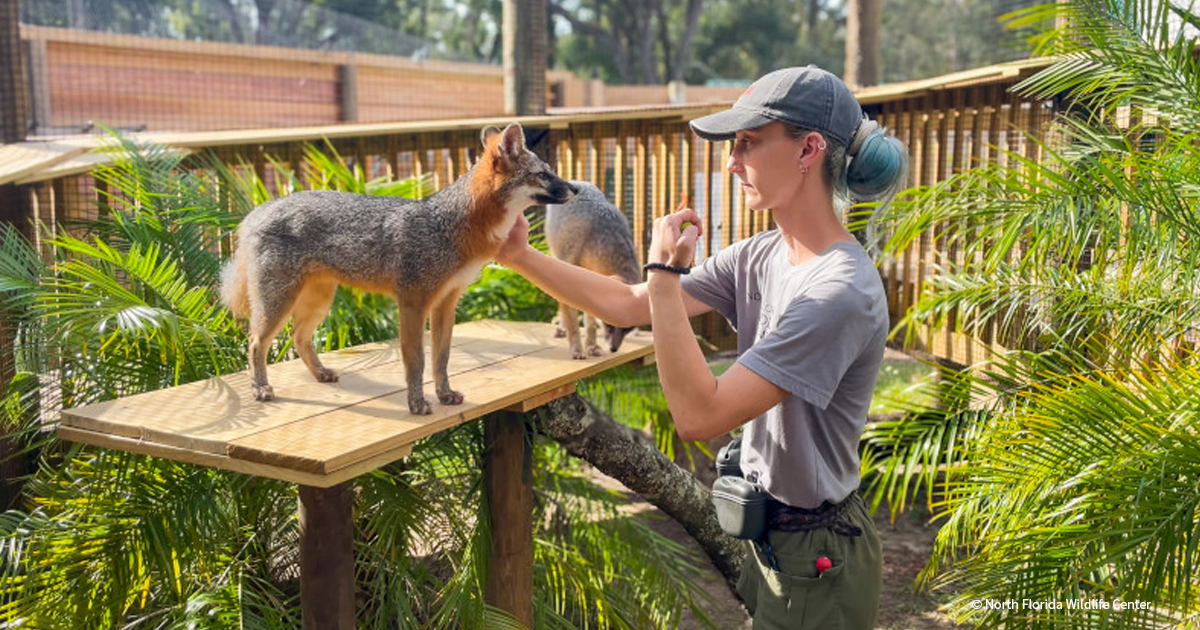Protecting the Vaquita: The World’s Most Endangered Marine Mammal
The vaquita, found only in the northern part of the Gulf of California, is the rarest marine mammal in the world. With fewer than 100 left in existence, this critically endangered porpoise is on the brink of extinction.

The vaquita is one of six species of porpoise. Each day, their lives are threatened at the possibility of becoming an incidental catch in gillnets set for shrimp.
Because shrimp have become the United States most popular seafood choice, the local fishermen have realized that this industry is an effective way to earn a living and feed their families. For the fishers of El Golfo de Santa Clara, San Felipe and Puerto Penasco along the Mexican Coast of the Sea of Cortez, the vaquita aren’t the intended target. Unfortunately, as they try to meet demand, the vaquita inadvertently become caught in their fishing gear.

Greater Good Charities, through a partnership with CEDO Intercultural, has been attempting to change this. Located near the habitat of the vaquita in Puerto Penasco on the Sea of Cortez in Mexico, CEDO has been initiating and participating in conservations efforts for the animals. As they study the critically endangered creatures, they also work with the local fisheries. It is essential that they have the fishermen’s participation in order to successfully save the vaquita.
Fortunately, CEDO has earned the fishermen’s trust and is now engaging them in taking action to minimize their impact on the vaquita. Recently, they launched a program that not only tests the fishing gear that threatens the animals, but also provides new vaquita-safe nets. They can eliminate an entire day’s worth of the threatening gillnetting for every 50 nets that are tested.
Greater Good Charities is committed to protecting threatened and endangered species like the vaquita. With your support, we can continue to fund programs that protect biodiversity, restore ecosystems, and strengthen community-based conservation efforts.
Together, we can prevent the world’s most endangered marine mammal from disappearing forever.
Donate today to protect the vaquita and other vulnerable species.


